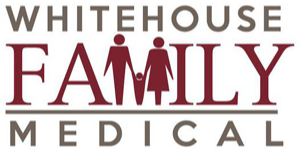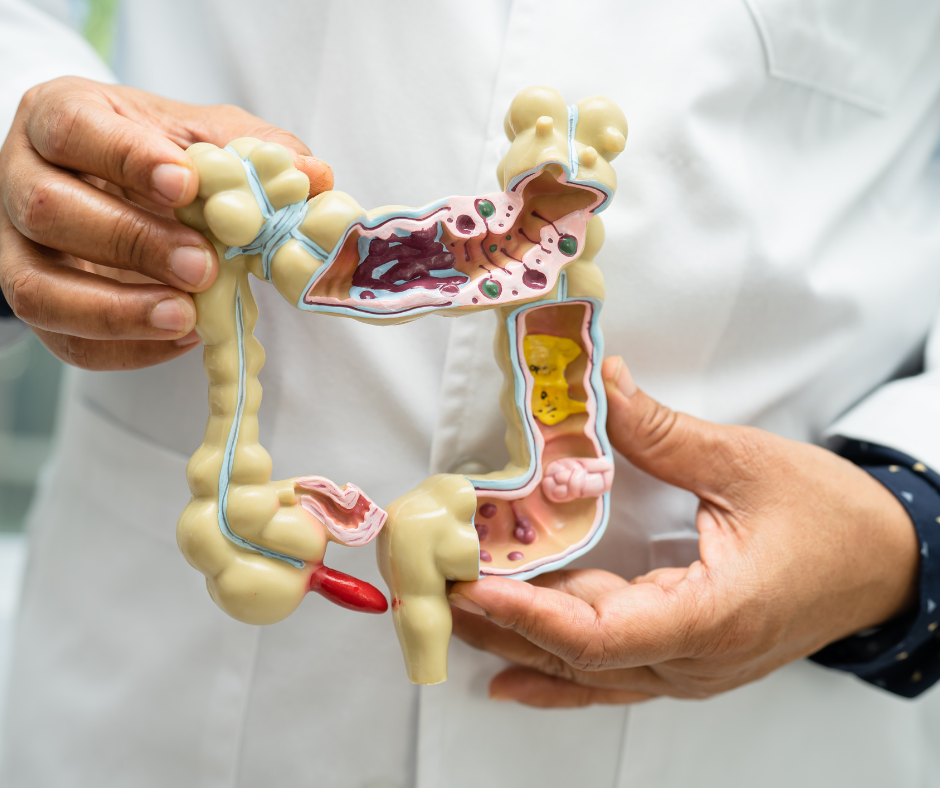The Liver and Microbiota Relationship
Oct 29, 2024

Hopefully you’re already aware that fatty liver has reached epidemic levels in developed countries, including the U.S. and Canada. However, did you know that the microbes residing in your gut can significantly impact your liver health?
The Problem
The human microbiome—comprising gut bacteria and their metabolites—plays a crucial role in gut health. Surprisingly, it also influences liver health. When there’s an imbalance of bacteria, known as gut dysbiosis, it can lead to inflammation in the gut.
This inflammation can cause a condition called leaky gut, where larger molecules escape into the bloodstream, triggering a chain reaction that ultimately results in liver inflammation.
The situation is worsened by the direct connection between the gastrointestinal tract and the liver through the portal vein, which allows harmful substances from the gut to enter the liver. A significant by-product from gut bacteria that contributes to fatty liver is lipopolysaccharides (LPS).
LPS further fuel inflammation and insulin resistance.
This is where fructose plays a role. As discussed in our recent blog, sugar—especially high-fructose corn syrup (HFCS)—is a major contributor to fatty liver development. Fructose goes straight to the liver, where it triggers the formation of fats, specifically triglycerides.
Additionally, fructose can disrupt the gut microbiome. The dysbiosis linked to HFCS intake leads to a reduction in tight junction proteins in the small intestine, which can result in leaky gut and the movement of endotoxins from the intestines into the bloodstream and liver.
This creates another harmful cycle that exacerbates liver inflammation.
Animal studies have shown that fructose consumption alters the microbiome, leading to metabolic disturbances in the gut, liver, and fat tissues.
The Solution
- Probiotics
Research on fatty liver in animals indicates that probiotics can help maintain tight junction proteins in the small intestine, thereby safeguarding the gut barrier and reducing leakiness. This also results in lower levels of LPS in the bloodstream, leading to less swollen, fatty, and inflamed livers. In one study, mice fed an obesogenic diet with added Lactobacillus reuteri did not develop obesity or fatty liver compared to those on the same diet without the probiotic.
- Prebiotics
Another animal study found that including the prebiotic partially hydrolyzed guar gum in the diet led to healthier blood sugar levels and less fat accumulation in the liver.
- Mediterranean Diet
Numerous studies suggest that the Mediterranean diet—rich in vegetables, fruits, nuts, olive oil, and fish—benefits those with fatty liver. For instance, a study involving 46 adults with fatty liver showed significant improvements in liver fat scores and liver enzyme levels after six months on this diet.
The Mediterranean diet promotes healthy gut flora due to its high fiber content and the presence of anti-inflammatory and antioxidant plant flavonoids.
References
1. Lambertz J, Weiskirchen S, Landert S, Weiskirchen R. Fructose: A dietary sugar in crosstalk with microbiota contributing to the development and progression of non-alcoholic liver disease. Front Immunol 2017;8:1159 doi: 10.3389/fimmu.2017.01159.
2. Xue L, He J, Gao N, et al. Probiotics may delay the progression of nonalcoholic fatty liver disease by restoring the gut microbiota structure and improving intestinal endotoxemia. Sci Rep 2017;7: 45176. doi: 10.1038/srep45176.
3. Fak F, Backhed F. Lactobacillus reuteri prevents diet-induced obesity, but not atherosclerosis, in a strain dependent fashion on Apoe-/- mice. PLoS One 2012;7(10): e46837. doi: 10.1371/journal.pone.0046837.
4. Naito Y, Ichikawa H, Akagiri S, et al. Identification of cysteinylated transthyretin, a predictive biomarker of treatment response to partially hydrolyzed guar gum in type 2 diabetes rats, by surface-enhanced laser desorption/ionization time-of-flight mass spectrometry. J Clin Biochem Nutr 2016;58(1):23-33.
5. Gelli C, Tarocchi M, Abenavoli L, et al. Effect of a counseling-supported treatment with the Mediterranean diet and physical activity on the severity of the non-alcoholic fatty liver disease. World J Gastroenterol 2017; 23(17):3150-3162.
Stay connected with news and updates!
Join our mailing list to receive the latest news and updates from our team.
Don't worry, your information will not be shared.
We hate SPAM. We will never sell your information, for any reason.


